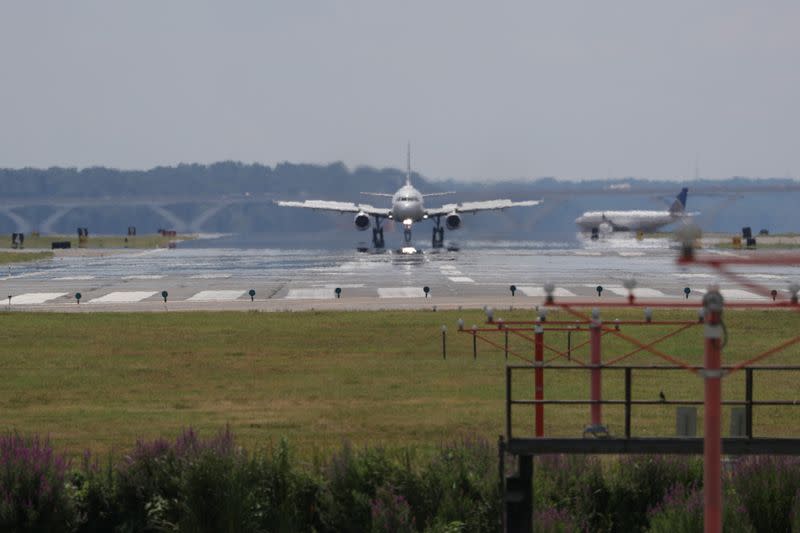Scope Ratings European airlines secured direct financial government support of more than 25bn euros after the onset of the coronavirus crisis earlier this year.
“The liquidity buffers most airlines had in place were insufficient to cope with a crisis of the magnitude brought on by the pandemic which led to the grounding of almost all aircraft in April and May,” says Werner Stablein, analyst at Scope.
“The funding situation is now stabilised due to state aid, but future deleveraging and operational restructuring - including the downsizing of operations - will prove challenging for some industry players,” Stablein says.
The airline industry has a poor record in generating free operating cash flow. The three large network carriers – Deutsche Lufthansa (BBB-/Negative), Air France-KLM, British Airways-parent International Airlines Group - had combined revenues of about 90bn euros before the Covid-19 crisis, yet combined pre-crisis free operating cash flow was only about 2.5bn euros, a reflection of low margins and high investment in the industry.
Looking at 2020, negative H1 free operating cash flows suggest that the cash burn for the entire year may prove to be less serious than envisaged during the height of the crisis. “Of course, much of cash needs in 2020 depend on levels of ticket reimbursement, continuation of short-time work agreements and a pick-up in air-travel demand,” says Stablein.
“For now, visibility on traffic recovery is low. Customers for long-haul and short-haul traffic continue to book on very short notice. Business travel is recovering only slowly,” Stablein says. Passenger traffic is also closely tied to economic activity, tending to rise faster than economic output in good times, but to fall faster when economies turn down.
“A recovery of air traffic to pre-Covid-19 levels is unlikely before 2024,” Stablein says. “The industry will have to downsize its capacity accordingly.”
The Covid-19 crisis had led to a closure of some airlines including Flybe, a UK-based regional operator, and an end to operations at others, such as Lufthansa’s Germanwings unit. The three largest European network carriers have announced a combined cut of capital expenditure of more than 4.0bn euros for the next few years.
Direct financial state aid provided to large network carriers should provide breathing room for management to adjust operations to the new market environment and arrange alternative sources of funding to repay shareholder or government loans. “The reduction of incremental debt incurred from the grounding aircraft amid an expected shrinkage of air traffic in the medium term will take time,” Stablein says.
Scope treats state aid provided via subordinated shareholders loans as a debt-like obligation given the lack of permanence of the funds in the capital structure.
Tags: Scope Ratings
